Chess and American Football are the highest IQ sports, followed by baseball and tennis. There’s always been a big debate: are sports about being strong or being smart?
Sports IQ means how fast you think and make choices during a game. Some people call it athletic intelligence. This article ranks sports by how much thinking they need.
You’ll learn which sports require the most brainpower and why. Understanding this helps you see that being a great athlete needs both body and brain.
Which Sport Requires The Highest IQ?
Chess needs the highest IQ among all sports. Chess players score 110-130 on IQ tests. It’s pure thinking, and no running or physical stuff.
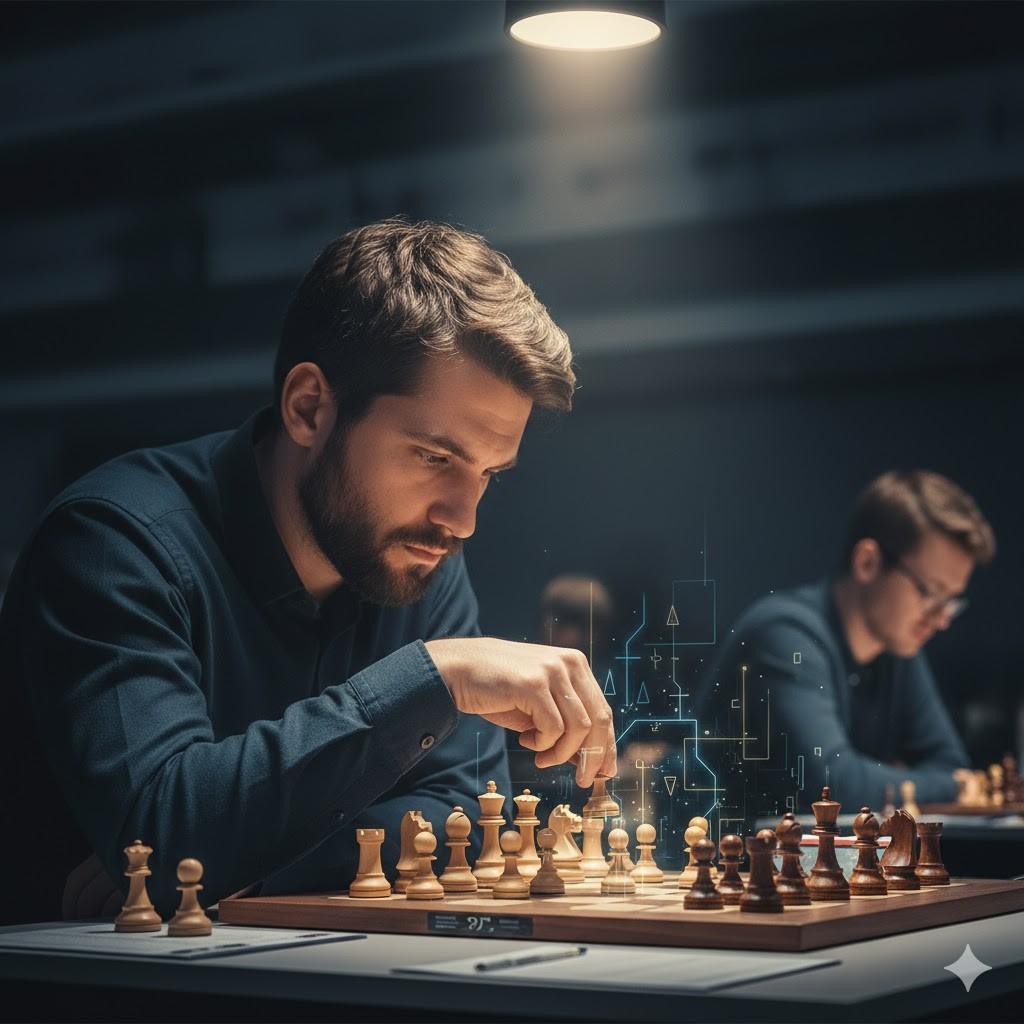
Players calculate many moves ahead, spot patterns, and change plans quickly during games. They handle multiple threats at once while predicting what opponents will do.
Top 10 Highest IQ Sports
Here’s what research shows about IQ scores in different sports based on tests:
| Sport | Reported Average IQ | Study Context | Notes |
|---|---|---|---|
| Chess Players | 110-130 | Tournament competitors | Highest documented cognitive scores |
| American Football (NFL) | 100-115 | Wonderlic test averages | Varies by position (QB: 115+) |
| Baseball (MLB) | 100-110 | Limited formal studies | Emphasis on visual-spatial IQ |
| Basketball (NBA) | 100-110 | Informal assessments | High basketball IQ ≠ , traditional IQ |
| Ice Hockey (NHL) | 100-105 | Minimal formal data | Processing speed emphasis |
| Cricket | 100-110 | International players | Strategic decision-making focus |
| Tennis | 105-115 | Professional circuit | Pattern recognition skills |
| Soccer/Football | 95-105 | Global player base | Wide demographic range |
| Golf | 105-120 | PGA professionals | Spatial reasoning and planning |
| Wrestling | 100-110 | Collegiate studies | Tactical problem-solving |
Note: Regular IQ tests weren’t made for athletes, so they miss a lot. Sports IQ is different; it’s about handling pressure fast and thinking in special ways. Tests don’t measure performance under stress or multiple types of intelligence.
Each sport below has unique mental challenges we’ll explain.
1. Chess
Chess is pure brainwork. Players face thousands of possible moves while managing time pressure and mental stress. They handle this by memorizing patterns and studying strategies for years.
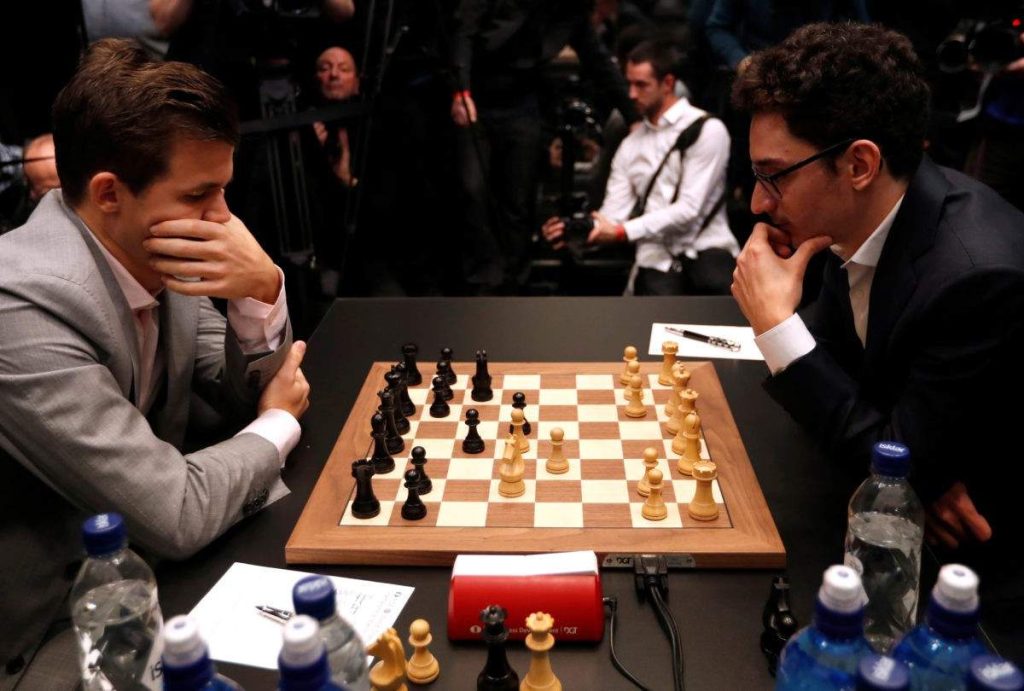
What makes chess special is that it’s just two minds competing. No luck or physical advantages. Just pure thinking.
Players like Magnus Carlsen can visualize entire games in their heads and calculate moves faster than most people think. It’s incredible to watch.
2. American Football
Quarterbacks have 2-3 seconds to read defenses, spot open players, and throw accurately before getting tackled by huge defenders.
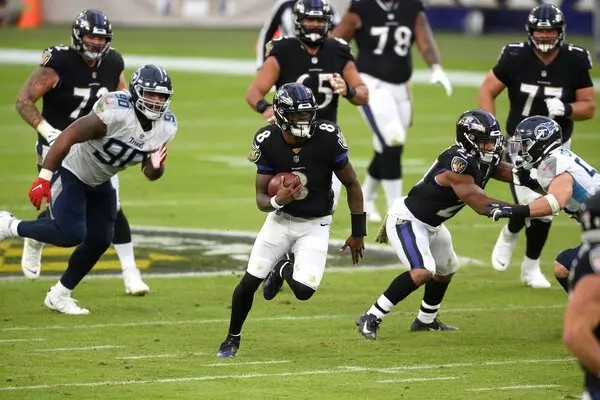
They survive by studying game videos for hours, memorizing thick playbooks, and training their brain to process everything instantly.
Different positions need different smarts. Football hits you with mental challenges from every direction. The amount of information to process is massive.
3. Baseball
Batters have 400 milliseconds to see what pitch is coming and decide whether to swing. That’s faster than conscious thinking allows.
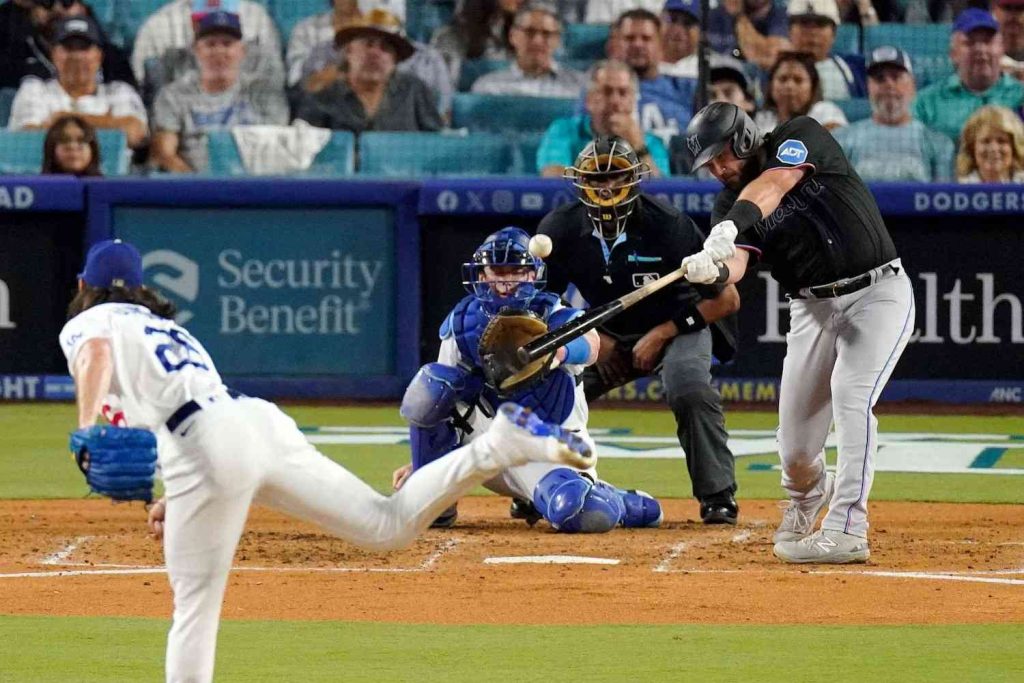
They deal with this by learning patterns, studying pitcher habits, and predicting what will come next. Baseball mixes super-fast reactions with slow strategic thinking between pitches.
Great hitters like Ted Williams studied hitting science before others. They made pattern recognition an art.
4. Basketball
Players track five opponents, four teammates, the shot clock, and scoring chances all at once without stopping.
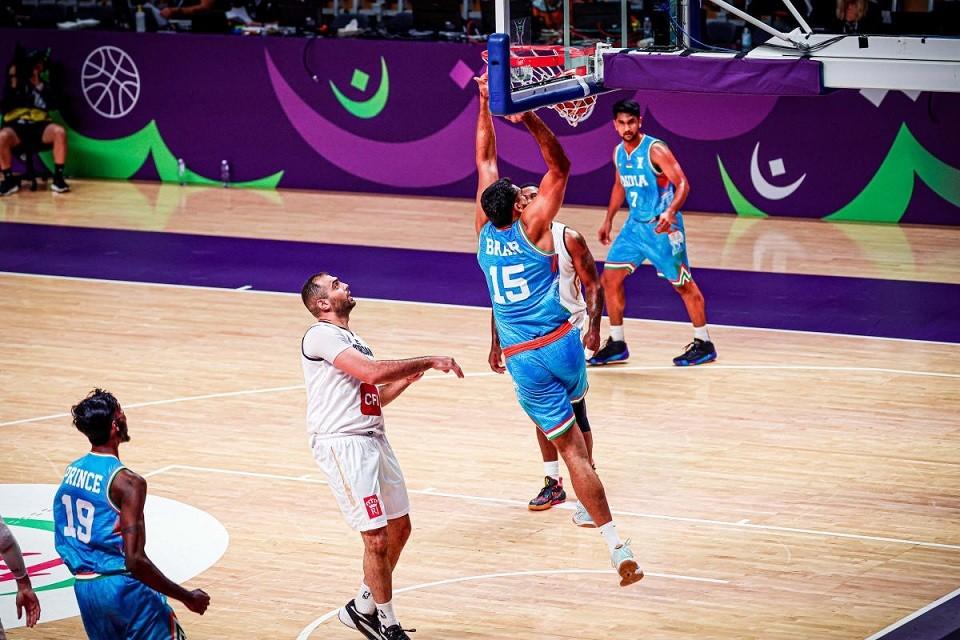
They manage this through court vision, reading defenses instantly, and predicting what the players’ setup will be. The game never stops.
You constantly switch from offense to defense. Players like Magic Johnson and LeBron James see passes before teammates get open. That’s real basketball IQ.
5. Ice Hockey
Hockey happens incredibly fast. The puck moves over 100 mph. Players skate full speed while avoiding hits and making plays.
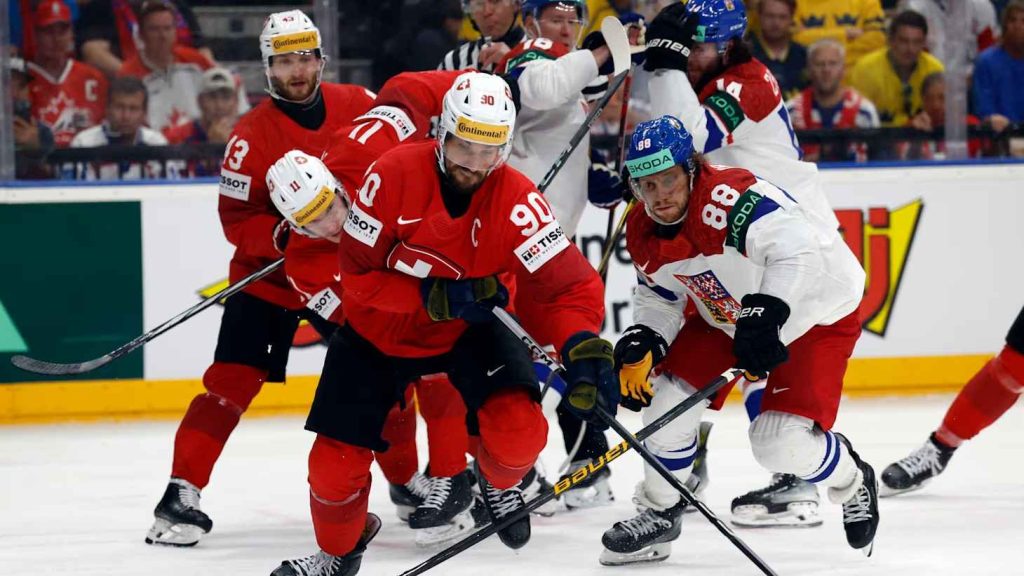
NHL players train their eyes to see everything and develop automatic instincts. You can’t think consciously at that speed; your brain just reacts.
Hockey is unique because it’s faster than almost any sport. Plus, you’re doing it all on ice while people try to knock you down. The mental processing speed required is off the charts.
6. Cricket
Cricket batsmen read spin, speed, and field positions while changing their plans. Some matches last five full days.
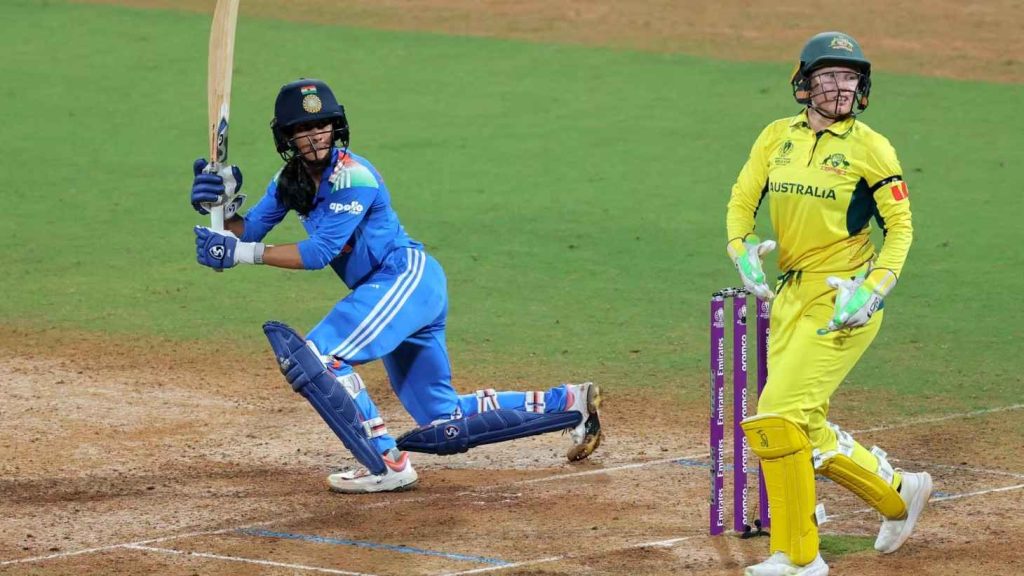
Players master technical skills, learn to lead bowlers, and develop serious focus and stamina that lasts for hours or days. Cricket is fascinating because it changes with different formats.
Test cricket needs concentration for days. T20 cricket needs fast, aggressive, and split-second decisions. Players switch between completely different mental modes.
Cricket is often considered one of the most strategic sports in the world, requiring sharp decision-making, pattern recognition, and situational awareness on every ball.
Many experts argue that cricketers rank among the highest in sports IQ because the game demands both mental and tactical mastery. This is especially true for Canadian Cricket Players who undergo specialized training programs designed to enhance cognitive skills alongside physical performance. Such focused development helps them adapt quickly, read the game better, and compete more effectively on the international stage.
7. Tennis
Tennis players predict shots, manage court space, and adjust their plans, sometimes playing for five hours straight in one match.
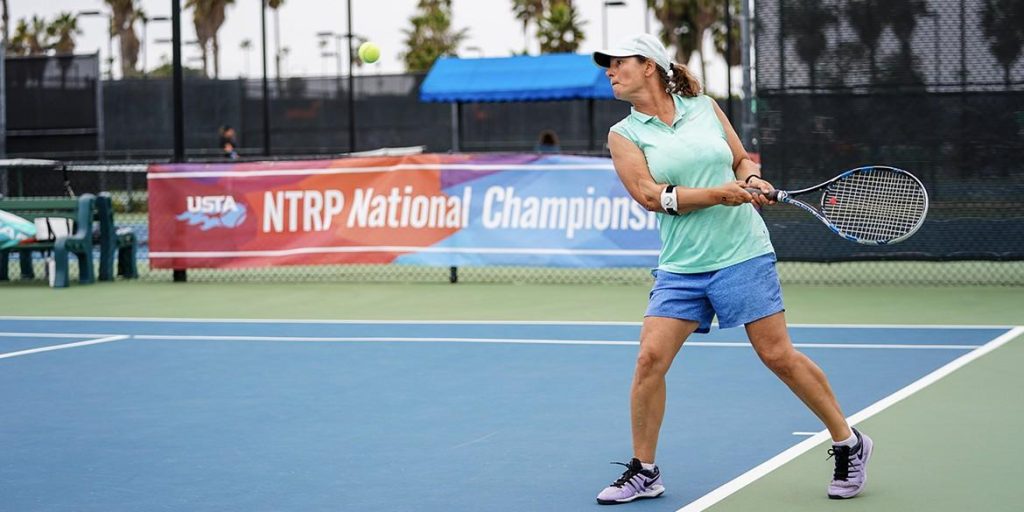
They learn opponent patterns, pick smart shots, and stay mentally tough when losing. Tennis is lonely, with no teammates helping. No coach talking during points. And the player has to figure out everything on their own.
Players like Federer and Serena Williams found weaknesses and attacked them perfectly. That’s smart tactical thinking.
8. Soccer/Football
Soccer players need awareness across a huge field. They anticipate runs, read formations, and make passing choices while defenders pressure them.
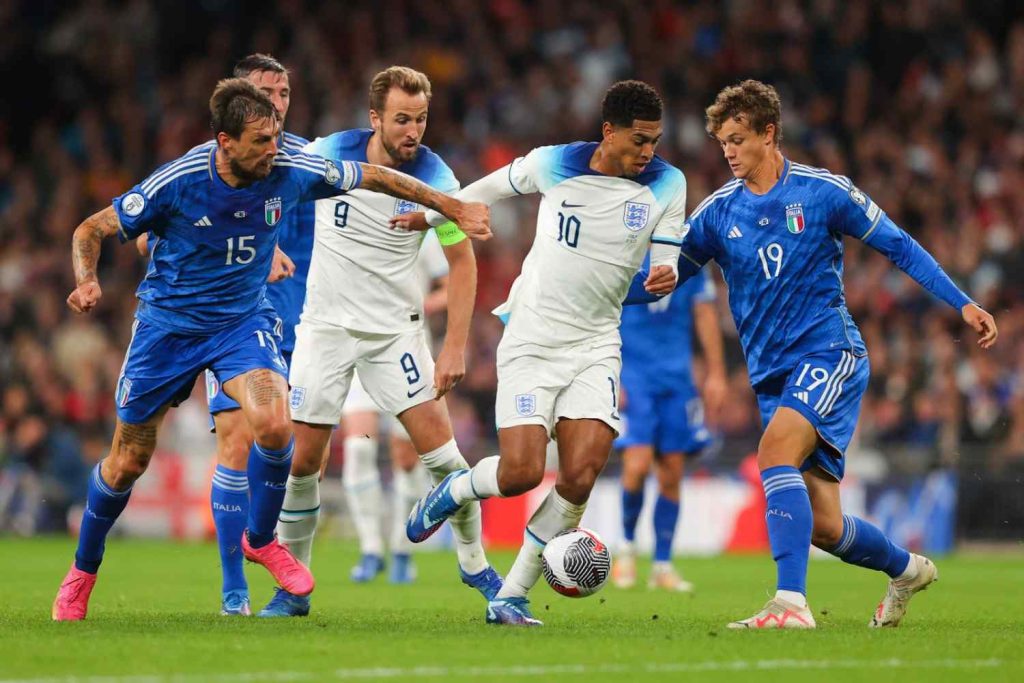
Top players develop position sense and understand spacing naturally. Soccer is mentally tough because scoring is rare.
You build attacks patiently while staying organized on defense. One mistake loses the game. Midfielders like Xavi and Kevin De Bruyne see passing options that others miss completely.
9. Golf
Golfers calculate distances, check wind, read slopes, pick clubs, and picture each shot. They do this under pressure with crowds watching.
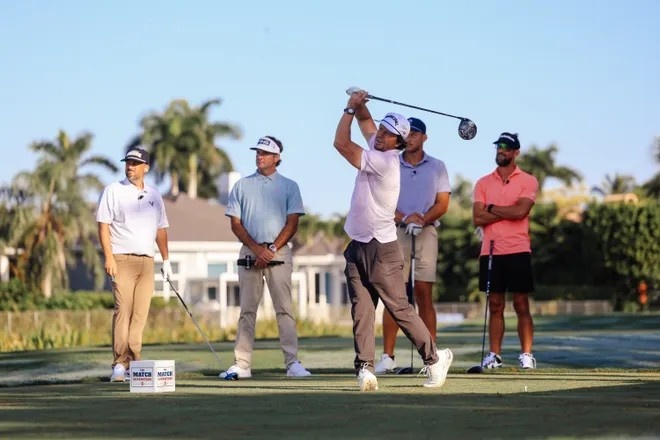
Pros manage courses smartly, use numbers to decide, and mentally practice every shot before hitting. Golf is unique because no opponent fights you directly. You compete against the course and your own mind.
The mental pressure is brutal and constant. Tiger Woods showed how strategic planning across four rounds separates champions from everyone else.
10. Wrestling
Wrestlers read body positions, predict counters, manage energy, and change techniques in six intense minutes of nonstop action.
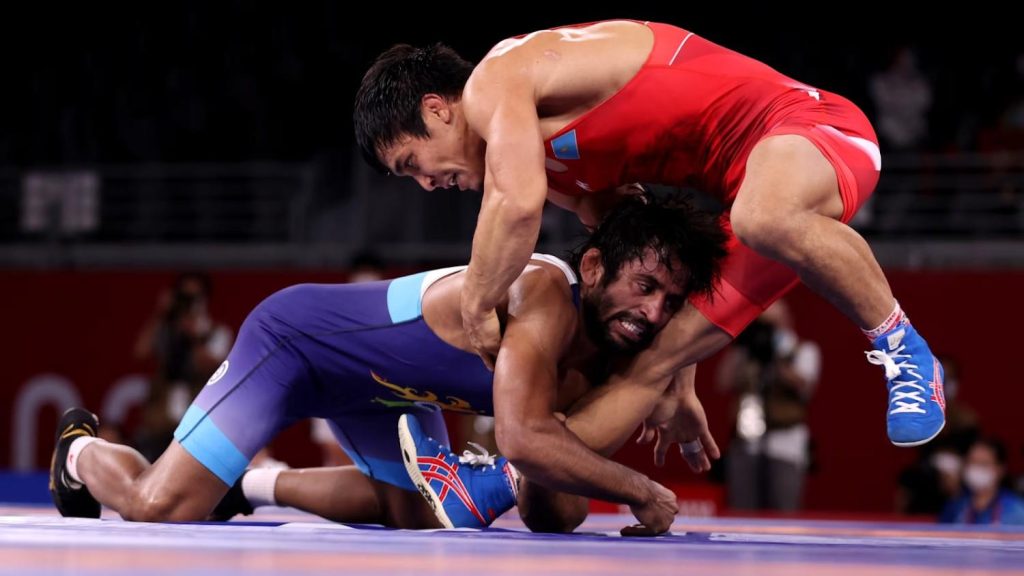
They train position awareness until it’s automatic and develop scrambling smarts for chaotic moments. Wrestling is physical chess with constant action and reaction.
Small position mistakes create scoring chances. Good wrestlers spot opportunities in split seconds during wild exchanges. The tactical problem-solving never stops.
What Determines IQ In Sports?
Sports smarts aren’t the same as school smarts. They’re special mental skills athletes build through years of training.
Several things matter most. Split-second decisions separate great athletes from average ones. Strategic planning helps them see what’s coming early.
Quick perception lets them process what they see incredibly fast. Memory and spatial sense help track everything at once. Pattern recognition lets experienced players predict opponents based on tiny clues.
These skills separate the best from the rest.
Related Reads:
Conclusion: Chess & NFL Are The Highest IQ Sports
All top sports need great brainpower. The “highest IQ” answer depends on what you measure. Chess needs pure calculation. Football needs fast information processing. Baseball needs predictive vision.
Sports mixing strategy, time pressure, and many variables need the most thinking power. Each sport builds different mental strengths. Golf develops spatial reasoning. Tennis builds pattern recognition. Basketball needs tactical flexibility.
Being great at any sport needs exceptional mental processing. Whether you’re training your body or your mind for competition, remember that sharpening your cognitive skills can give you the edge you need to perform at your best.
FAQs
Wrestling, hockey, and basketball fans score slightly higher on average, but differences are tiny and relate more to demographics and education than which sport someone watches.
Michael Jordan never took a public IQ test, so no score exists, but his basketball IQ was clearly elite, with incredible court vision and strategic thinking that separated him from others.
A 97 IQ is perfectly average and normal, the average range is 85-115, and millions of successful people have similar scores. Intelligence has many forms beyond one number.
Nobody ever scored 400 on an IQ test; that’s a fake internet story because tests don’t go that high, and the highest real scores ever recorded are around 195-210.
Chess has the highest-IQ players, with tournament players averaging 110-130 on tests, followed by contract bridge and professional poker players with similar cognitive scores.